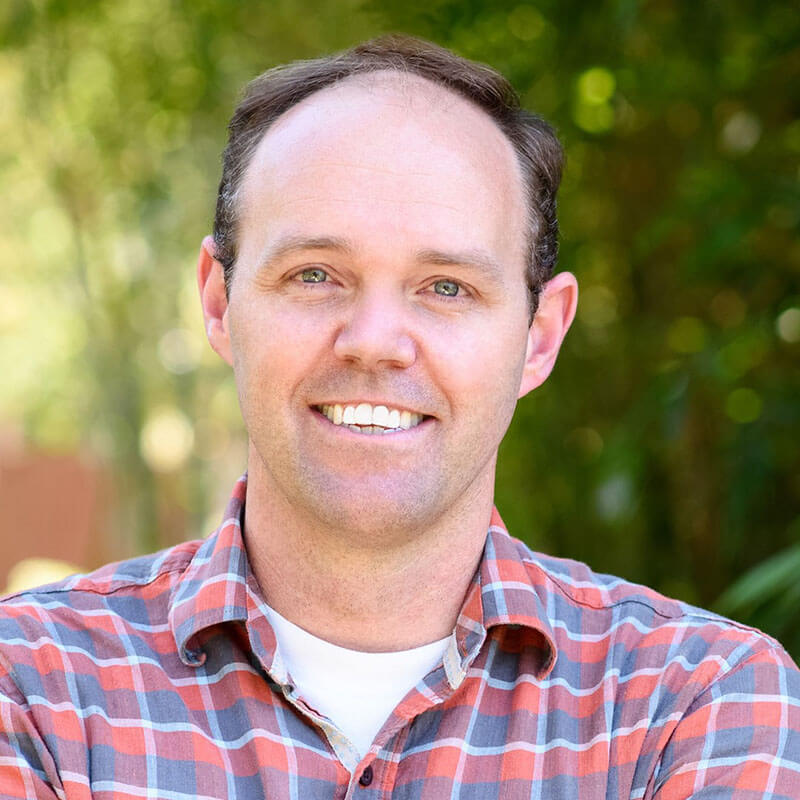Event Series
Perspectives on Cancer and Aging
Aging is a risk factor for cancer, and evidence suggests that cancer and its treatments can accelerate aging. Aging is associated with a myriad of cellular and molecular alterations, including epigenetic changes. In this webinar, Dr. Mark LaBarge discussed his work investigating how aging-related epigenetic changes in the luminal cells of the mammary gland can lead to increased susceptibility to breast cancer, and why this knowledge offers opportunities for breast cancer prevention and early detection. Dr. Alexandra Binder described the use of epigenetic clocks, a surrogate for biological age, to predict chemotherapy tolerance among colon cancer patients and the promise of a resistance training intervention to maintain or build muscle mass in reducing the rate of epigenetic aging during chemotherapy.
This webinar is part of the Perspectives on Cancer and Aging: The Arti Hurria Memorial Webinar Series. It is co-hosted by the NCI Behavioral Research Program and Epidemiology and Genomics Research Program.
Speakers

Professor, Department of Population Sciences,
City of Hope

Associate Professor, Cancer Epidemiology Program,
University of Hawaiʻi Cancer Center,
University of Hawaiʻi at Mānoa
Moderators
Program Director, Clinical and Translational Epidemiology Branch,
NCI Epidemiology and Genomics Research Program
Program Director, Basic Biobehavioral and Psychological Sciences Branch,
NCI Behavioral Research Program

